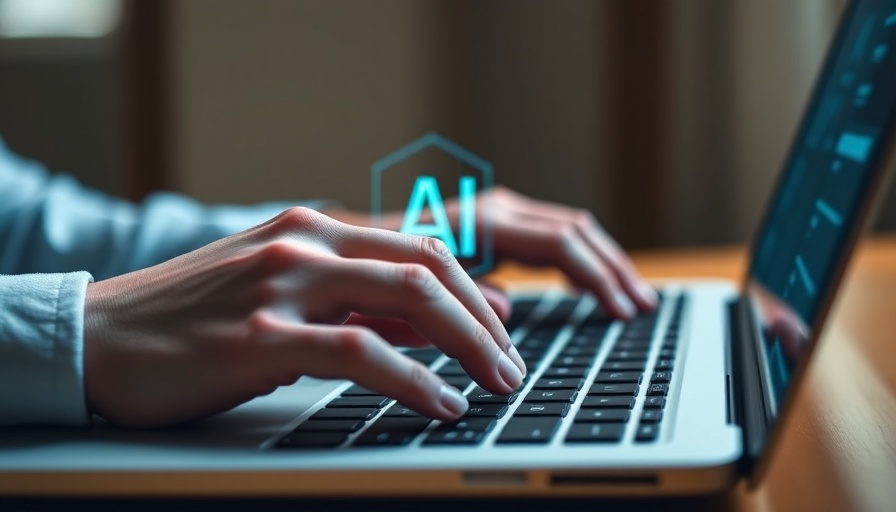
AI Grading: Navigating the Future of Education
Artificial Intelligence (AI) stands as a transformative force in educational assessment, ushering in a new era of grading methods that promise both efficiency and enhanced learning outcomes. Yet, as we integrate these technologies into classrooms, pressing questions arise over their implications—the duality of their impact. Are AI-tools a game-changer or a double-edged sword?
The Shift Towards AI-Enhanced Grading
AI technology is reshaping how educators approach grading, enabling the creation of diverse assessment types, prompt feedback, and personalized learning experiences. Traditional grading methods, often bogged down by biases and a lack of consistency, are seeing their limitations highlighted in contrast to the objectivity that AI can offer. According to recent findings, AI grading could substantially accelerate the grading process, potentially reducing marking time by almost 80%, allowing for quicker feedback that is crucial in a learner’s development.
As Shallon Silvestrone and Jillian Rubman discussed in their MIT Sloan article, while AI can indeed streamline repetitive tasks—like evaluating massive amounts of multiple-choice tests—it’s essential to maintain human oversight, particularly in subjective areas requiring judgment and creativity. For writing assignments and complex projects, the irreplaceable human touch remains vital to understanding context, intention, and nuance.
Concerns Over Mechanization of Grading
However, a prevalent concern among educators is that an over-reliance on AI in grading could result in a 'mechanical' grading process that strips away essential human elements from assessment. Katherine Morgan illustrates this challenge perfectly through the lens of her years of journalistic integrity, emphasizing the need for educators to forge a collaborative relationship with AI technologies. Teachers should engage with AI as partners, refining outputs and ensuring that the nuances of assessment are retained.
Notably, the potential for AI's biases is a significant concern, as biases in training data can lead to unfair evaluations. The solution lies in the responsible deployment of AI—ensuring that data protection measures are implemented, and that AI tools are regularly audited for fairness and accuracy.
Future Predictions for AI in Education
Looking ahead, the integration of AI into grading systems appears poised for widespread adoption across educational landscapes. As machine learning algorithms evolve and techniques like Natural Language Processing (NLP) advance, AI is becoming increasingly capable of evaluating text meaningfully. Predictions for the next decade suggest that AI will become integral to personalized education, enhancing not only the grading process but the overall teaching experience as well.
According to insights from 2025 educational outlook reports, schools that embrace AI-driven grading can improve equity, ensuring students receive the same level of feedback, regardless of socio-economic background or geographic location. AI can act as a leveling force, particularly in under-resourced areas lacking quality instructors, providing all students with access to tailored assessments and learning environments.
Embracing a Balanced Approach
Ultimately, the dialogue surrounding AI in grading should not tip towards blind acceptance or outright rejection. Instead, educators, school administrators, and parents should prioritize a balanced advocacy for AI applications. It is critical they harness the efficiencies AI provides while safeguarding the integrity of educational assessments.
In conclusion, while AI grading offers promising efficiency and fairness, educators need to retain their role in providing the analytical depth and human connection that is foundational to learning. Teachers must remain the core educators, backed by AI as a supporting resource to bolster their teaching and not replace it.
As we navigate this rapidly changing landscape, embracing AI in educational practices represents an opportunity to innovate, enhance, and redefine learning outcomes for students everywhere. This ongoing hybridization of technology and education may lead us toward a future where learning is more personalized, equitable, and impactful.
Call to Action: Join the conversation and explore how AI can be integrated into your educational practice responsibly! Your insights could lead to innovative approaches that benefit both educators and students.
 Add Row
Add Row  Add
Add 




 Add Row
Add Row  Add
Add 

Write A Comment